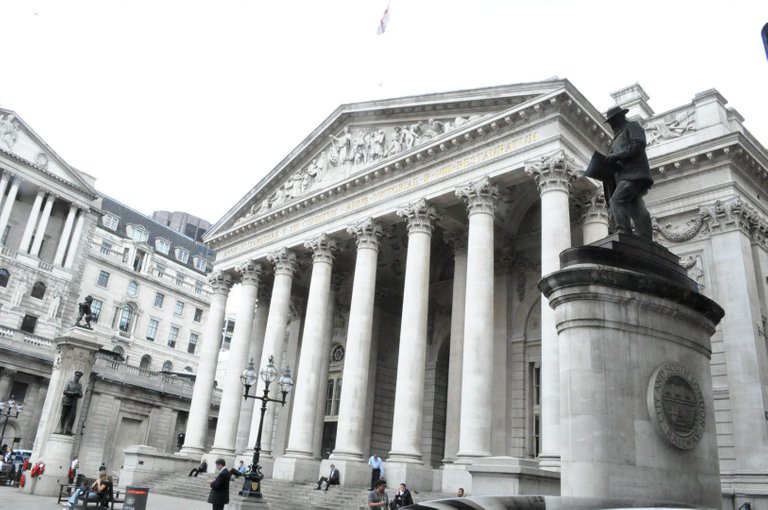Role of Banks.
Banks play a dominant and useful role in promoting economic development. There are two roles of banks. 1st one is mobilize deposits by offering great rates of interest and the second is to distribute these savings through loans among which enterprises which are connected with economic development. In this way, they promote the development of agriculture, trade and industry.
Evolution of banks.
The idea of banks is traced as far as 1,800 BC in the Babylon. In those days moneylenders (who possessed lands) made loans to people. In Rome and Greece they also made loans to people and accept deposit. During the war, Allies also helped to the other allies with money against the common enemy. In the age of Roman Empire the concept trade slumped and banks temporarily vanished.
The rise of Medici family in Florence Italy.
The Medici family was merchant and bankers. Giovanni de Medici first brought the family to prominence in Florence by starting the Medici Bank. He was also the leader of Florence merchants. His son ,Cosimo de Medici, became the leader of City-state of Florence in 1434.

The Medici Family ruled the Florence city of Italy throughout the Renaissance. The Family became the richest in all over the Europe by Banking.
The Fugger Family in Germany.
The founder of the family was Johann Fugger, a weaver at Graben, near the Swabian free city of Augsburg. His son, Hans Fugger, in 1367 moved to the city of Augsburg. He married Klara Widolf and became an Augsburg citizen. After Klara's death, he married Elizabeth Gattermann. He joined the weaver's guild, and by 1396 he was ranked high in the list of taxpayers. After his death in 1408, his wife Elizabeth ran the business and later she was joined by his two sons Andrea and Jacob. In 1455, the brothers split the business and later, the family name as well
Banks In England.

In the 17th century banks were developed. Sometimes people deposited their money with goldsmiths for safety. The goldsmiths issued a note promising to pay the bearer a certain sum on demand. In time people began to exchange these notes instead of coins because it was easier and safer. Goldsmith began to pay the interest to people who deposited their money in order to attract their money. Through banking, not individual borrowed money but also the government specially in the time of wars. The government borrowed money from the wealthy individual people and repaid them with interest from taxation.

In the late 17th century the cost of fighting war with France was colossal. In 1964 the bank of England was founded to provide a loan to the government. The Bank of England sometimes called ‘’Old lady of Thread needle street’’ In fact it moved to Thread needle street in 1734.
The Problems of Banks.
In 1708 a law forbade banks to issue their own notes. In late 18th century many small bank were founded in the provincial towns. The first travelers cheques were issued in England in 1772. In the beginning of 19th century Due to number of small banks people lost their confidence and tried to withdraw their money. In 1826 the law was changed to allow large banks with many shareholders to form outside London. Many of the small country banks merged with the large banks. In 1833 banknotes issued by the Bank of England.
Modern Banks.

Modern banks began with the Bank Charter Act of 1844. The act split bank into two departments, a banking department and an issuing department. According to this act banks were not allowed to issue notes except Bank of England (only if they were backed up by gold and government securities). In 1946 the Bank of England was finally nationalized. Also in 1946 the International Bank for Reconstruction and Development (otherwise known as the World Bank) was formed. In 1967 Barclays Bank installed the first cash dispensing machine in Britain at a branch in En-field, London.
Thanks to all. Do not forget to follow me.
Hi! I am a robot. I just upvoted you! I found similar content that readers might be interested in:
http://www.localhistories.org/banking.html
Thanks buddy.